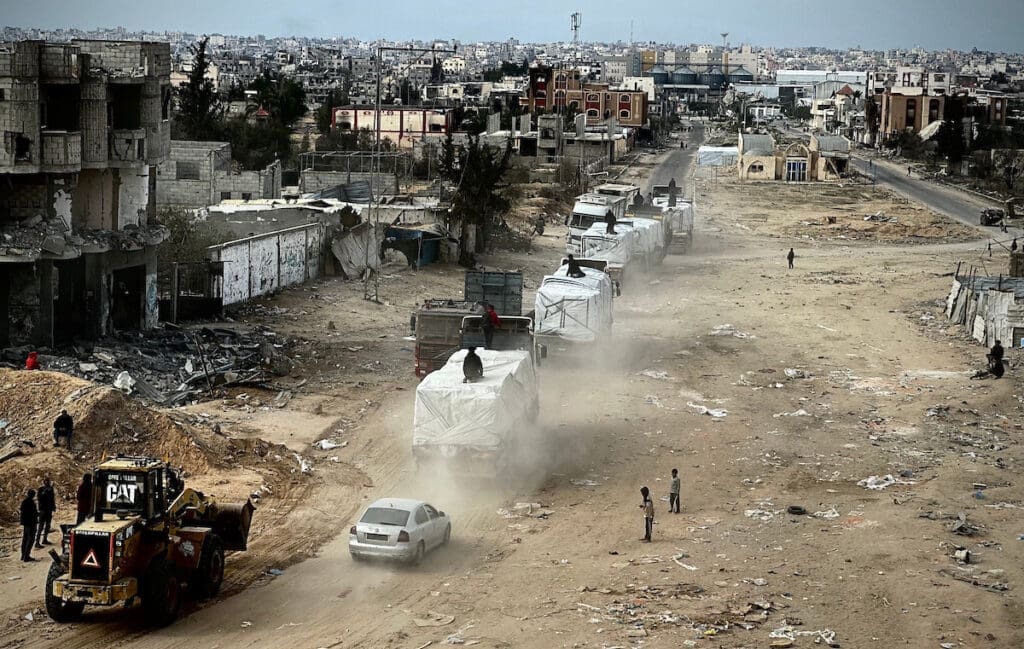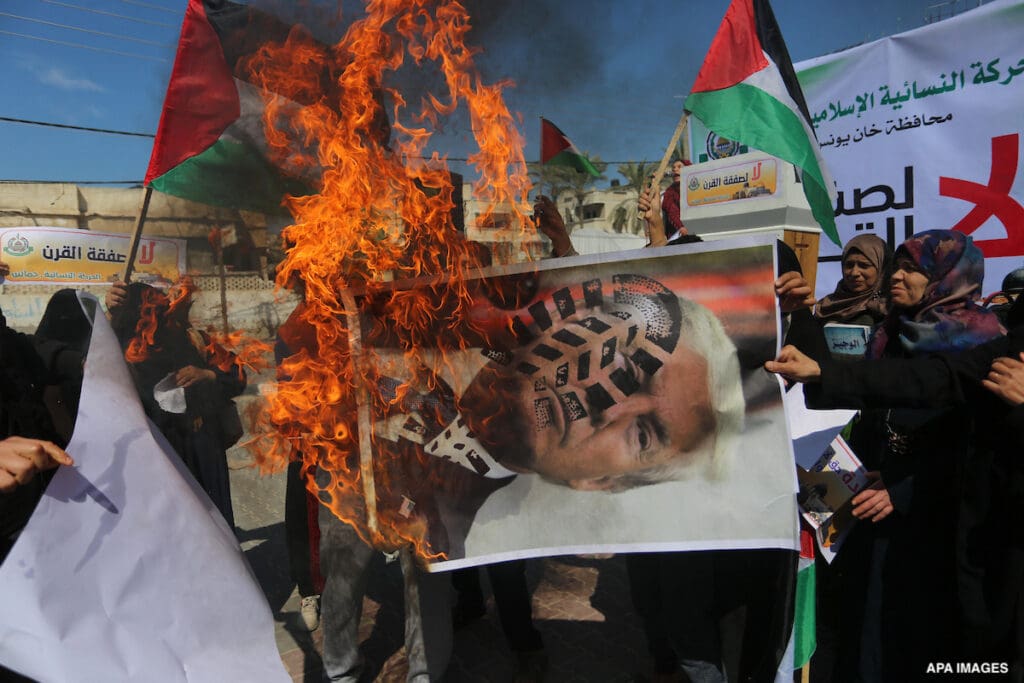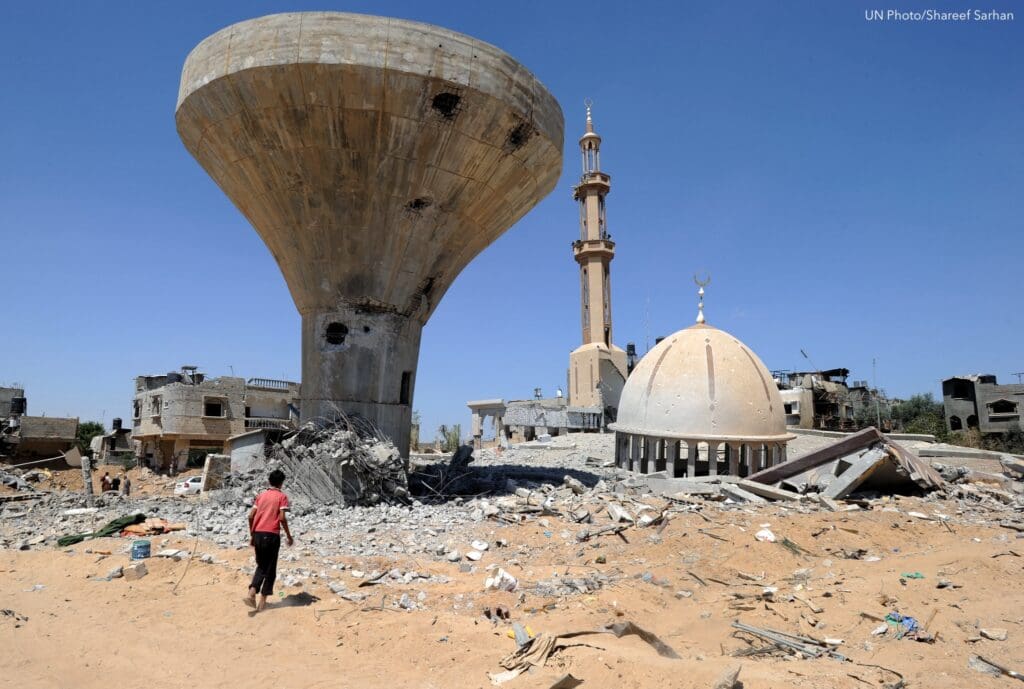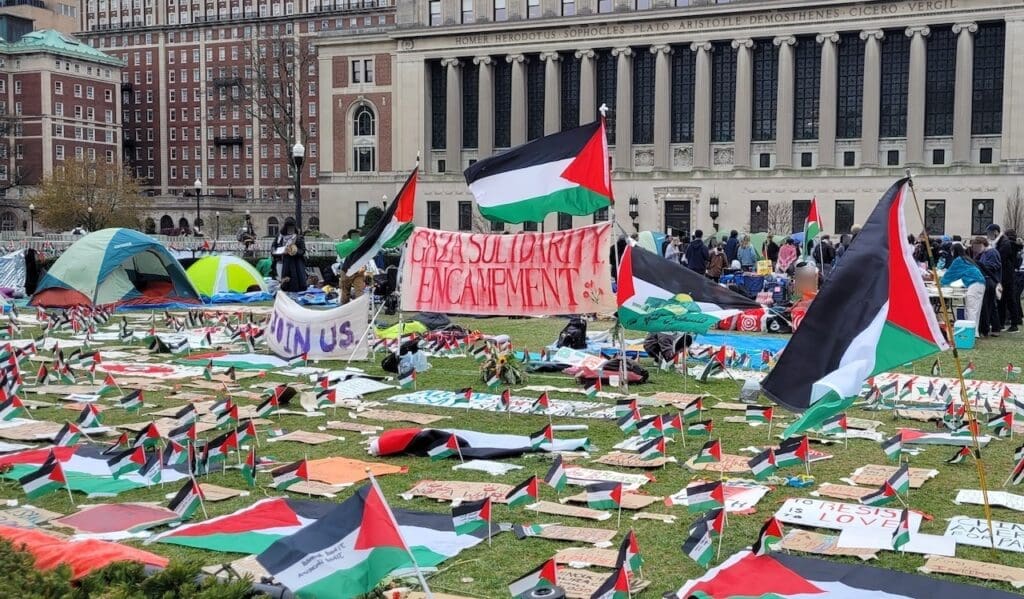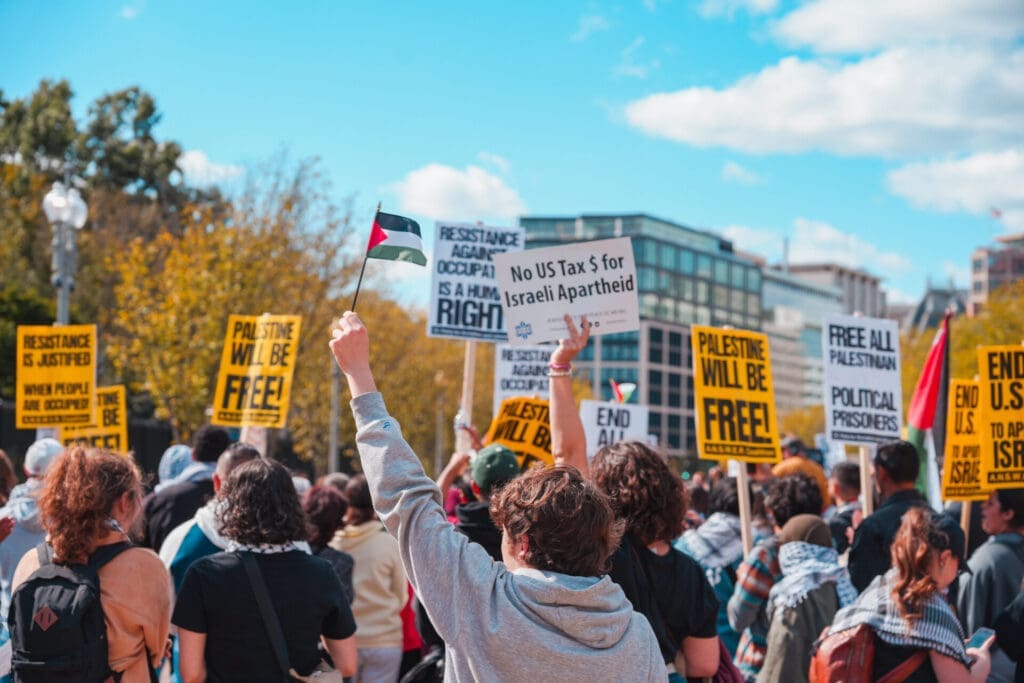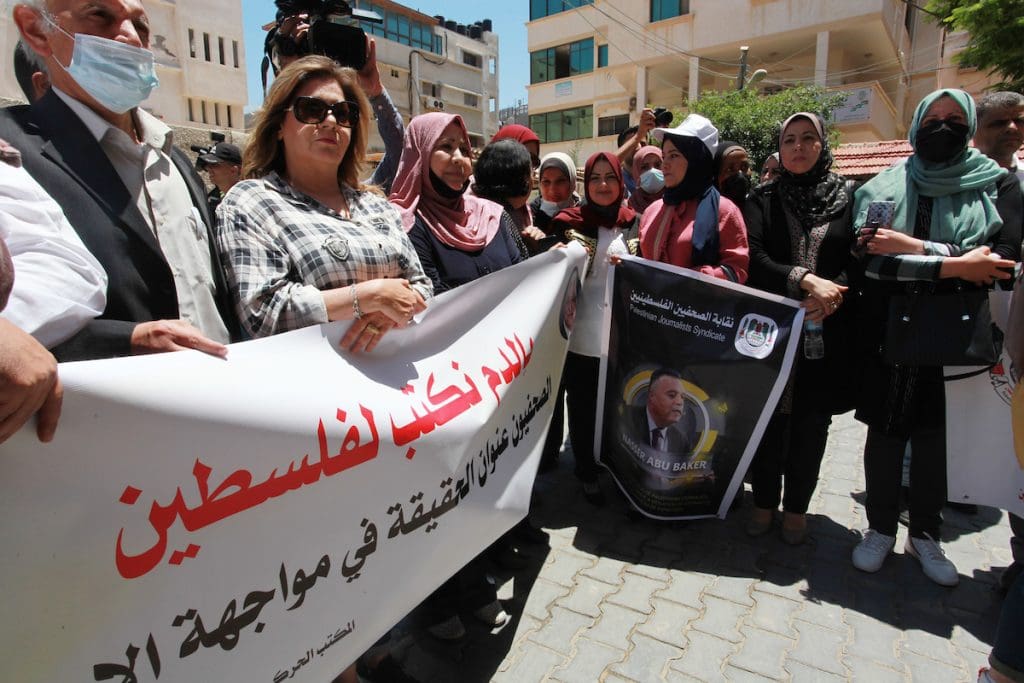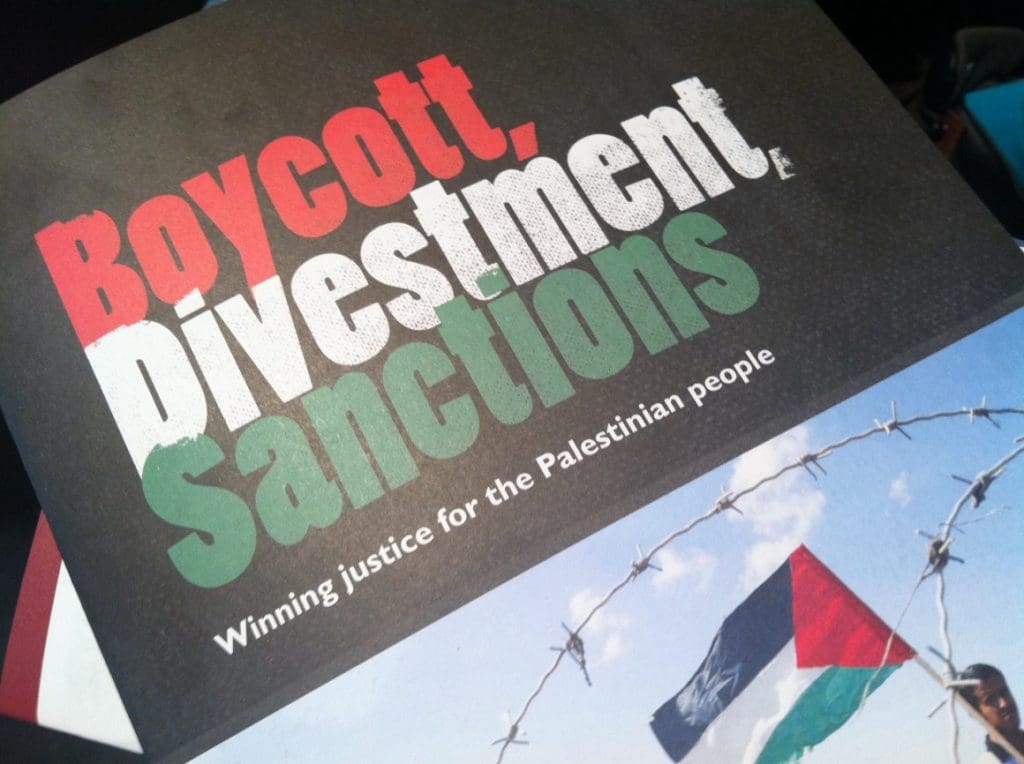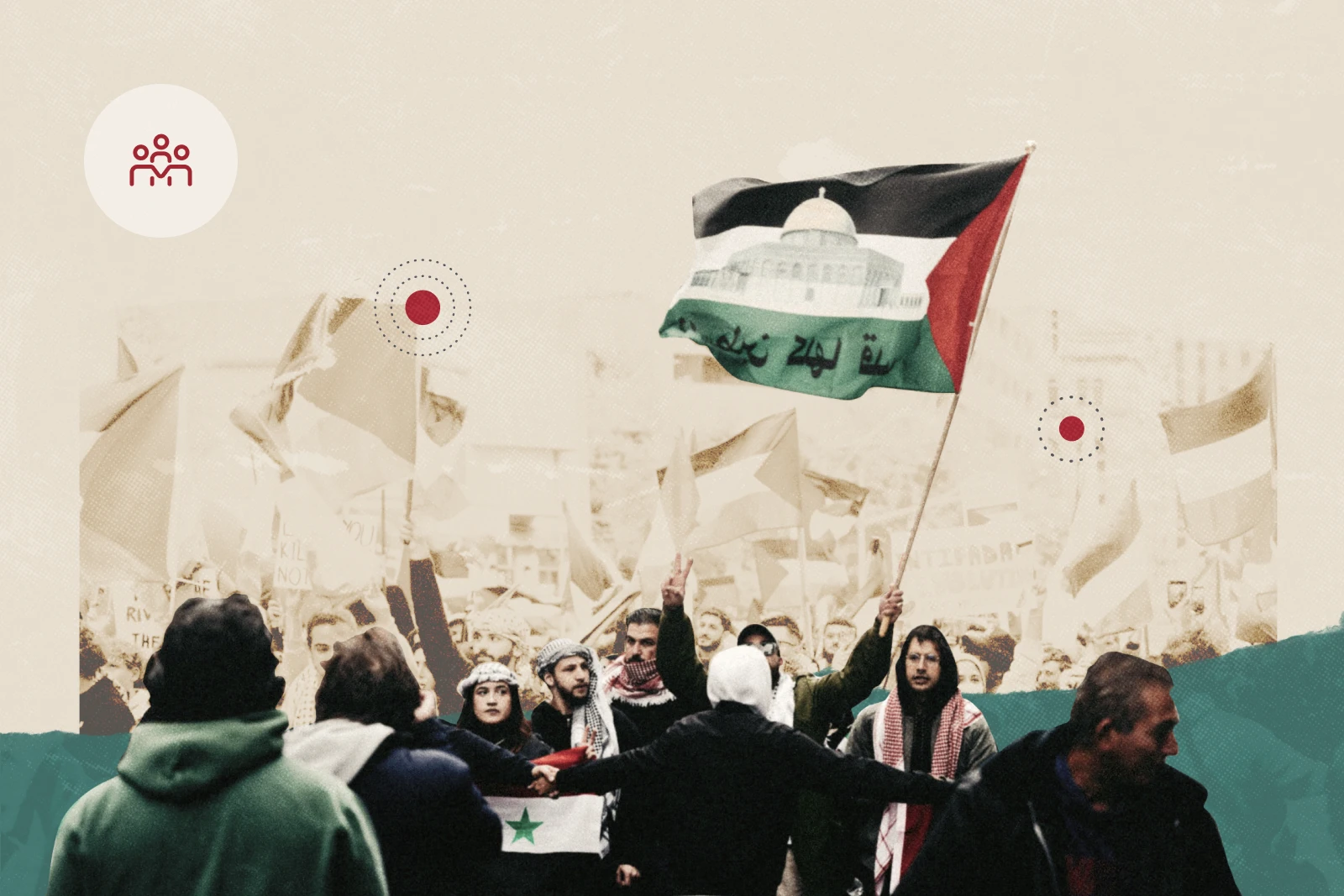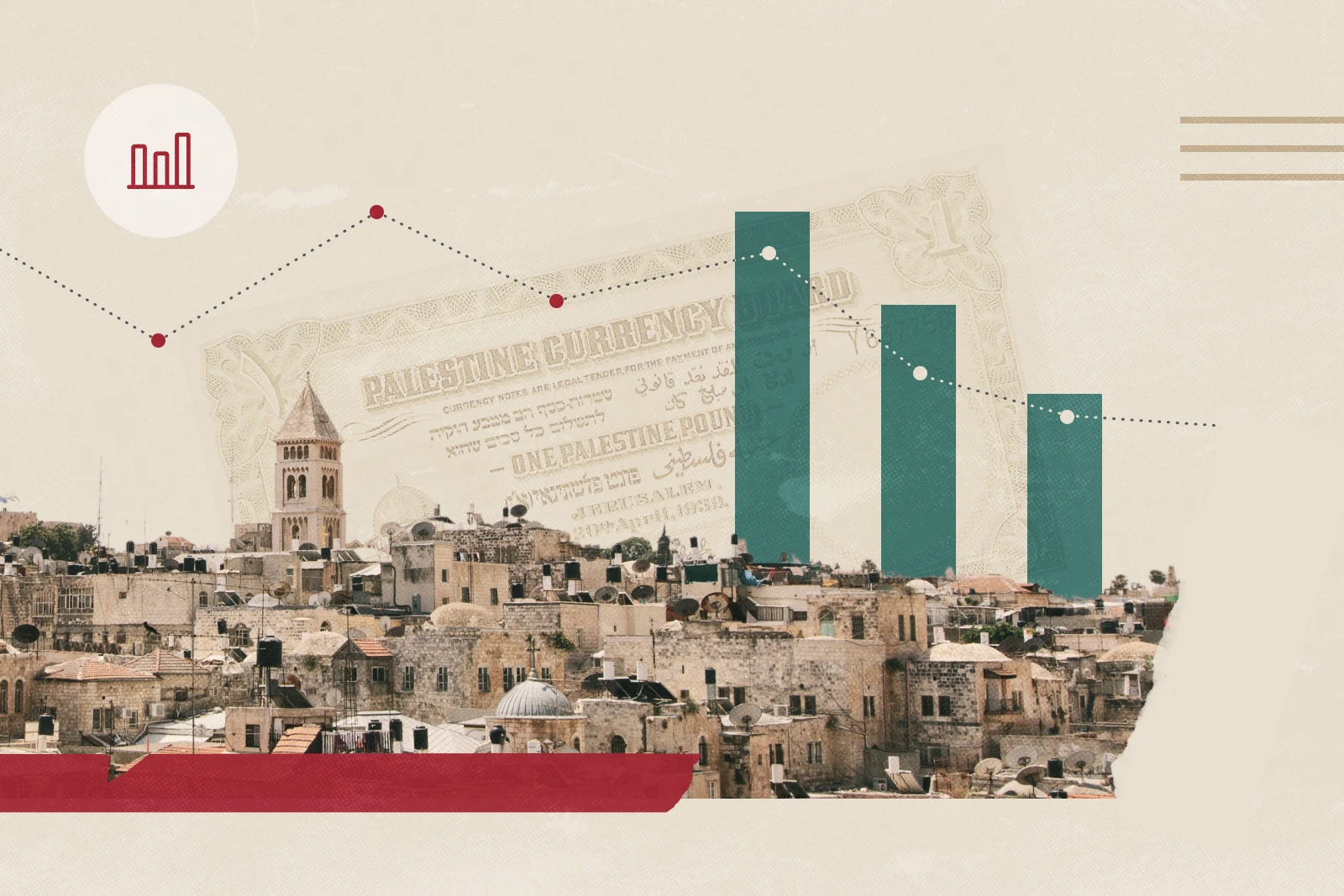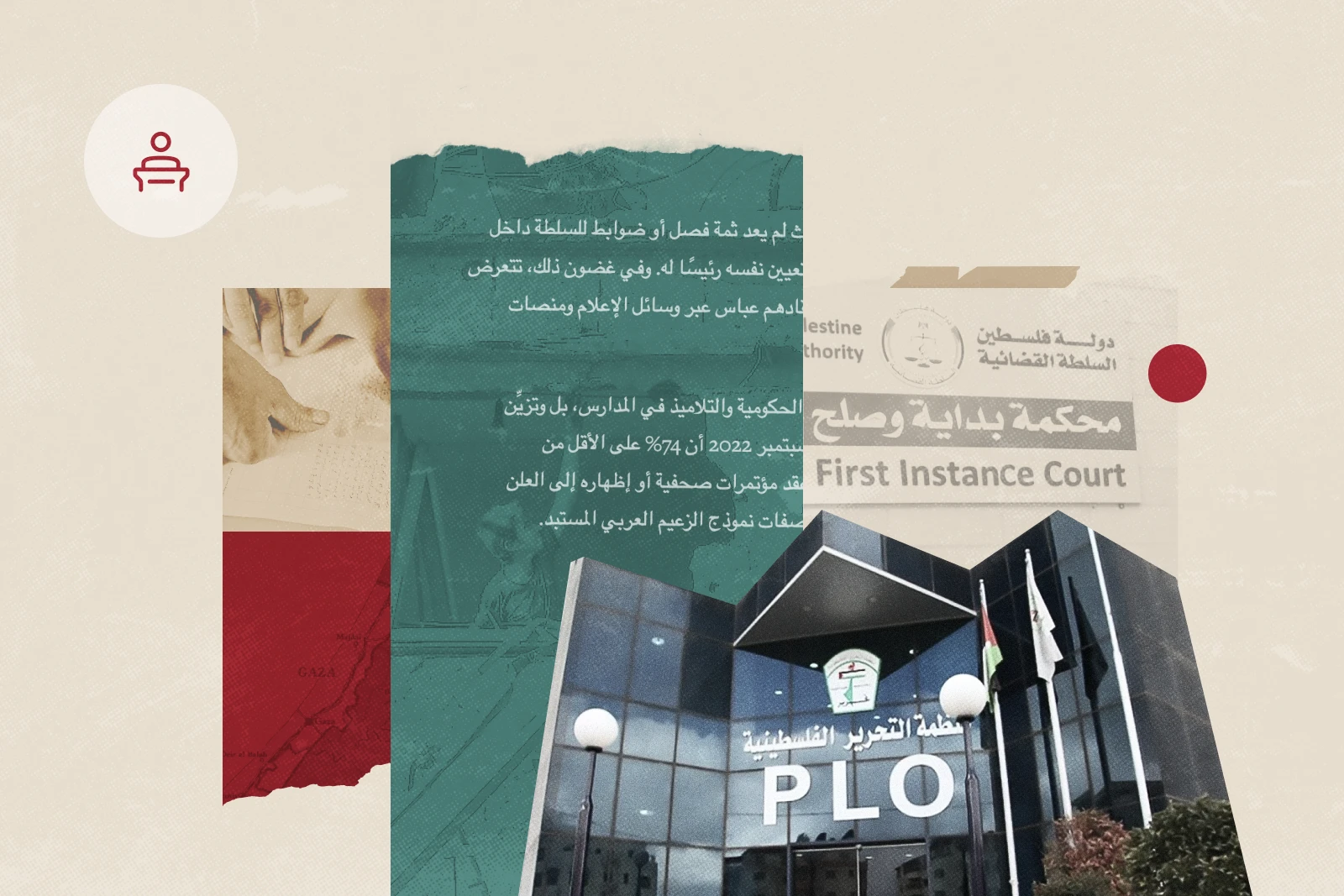typePolicy Labs
In this policy lab, Mariam Barghouti and Sharif Abdel Kouddous join host Tariq Kenney-Shawa to discuss Israel’s targeted assassination campaign against Palestinian journalists, the complicity of Western media in normalizing these crimes, and how this silence allows Israel to get away with genocide.

Mariam Barghouti· May 28, 2025
In this policy lab, Dena Qaddumi and Jehad Abusalim join host Tariq Kenney-Shawa to discuss what the ceasefire in Gaza means for Palestinians and the state of the physical and political landscape that determines what comes next.



In this policy lab, Halah Ahmad and Andrew Kadi join host Tariq Kenney-Shawa to discuss what the incoming Trump Administration will mean for Palestinians, how it will affect the pro-Palestine solidarity movement in the US, and how to prepare for it.



In this policy lab, Yara Asi and Layth Hanbali join host Tariq Kenney-Shawa to discuss Israel’s systematic assault on civilian infrastructure across Gaza and efforts to survive and rebuild against all odds.


In our upcoming policy lab, Marwa Fatafta and Antony Loewenstein join host Tariq Kenney-Shawa to discuss Gaza as a testing ground for Israel’s global war industry.


In this policy lab, Nour Joudah and Kylie Broderick join host Tariq Kenney-Shawa to discuss some of the key lessons to be gleaned from the encampments and how we can best build on them to strengthen the Palestine solidarity movement moving forward.


In this policy lab, Ihab Maharmeh and Ahmed Abu Ziad join us with facilitator Fathi Nimer to discuss the past, present, and future of the student movement in Palestine.




The accelerating adoption of academic boycotts of Israel is just one manifestation of growing support for Palestinians and intensifying efforts to hold Israel accountable for colonization, occupation, and apartheid. However, academic boycotts remain one of the most controversial pillars of the wider boycott, divestment, and sanctions movement. According to a recent study, while 91% of Middle East scholars support at least some boycott of Israel, more than a third are hesitant to get behind a boycott of Israel’s academic institutions.


Throughout history, labor strikes have been used as a potent tool in expressing dissent, voicing grievances, and demanding change. In Palestine, they have emerged as a powerful mode of resistance and a critical source of leverage for workers. These strikes have encompassed diverse sectors, including labor, education, healthcare, and more, showcasing the unity and determination of the Palestinian people in their struggle for liberation.


As the Israeli regime escalates its apartheid and settler colonial practices in Palestine, calls for sanctions against it have likewise increased. Still, sanctions remain controversial - both in terms of their ethics and efficacy. Indeed, many have argued that sanctions have rarely achieved their intended goals.



Media & Outreach
Join analysts, Tariq Kenney-Shawa from the Palestinian think-tank Al-Shabaka and Rowena Razak, historical consultant, as they unpack the shift in sentiment on Gaza and Israel’s recent attacks on Tehran.

Tariq Kenney-Shawa· Jun 15, 2025
"Today, while Palestinian CSOs explore ways to survive and face and confront the causes and impacts of the shrinking space at the practical, strategic, political and ethical levels, the time is ripe for the declaration of a Gaza Covenant/Charter/Manifesto to be led by the Palestinian civil society." - Alaa Tartir

Alaa Tartir· Jun 12, 2025
The Madleen sent a strong message that the struggle to stop Israeli crimes continues.

Yara Hawari· Jun 9, 2025
We’re building a network for liberation.
As the only global Palestinian think tank, we’re working hard to respond to rapid developments affecting Palestinians, while remaining committed to shedding light on issues that may otherwise be overlooked.






